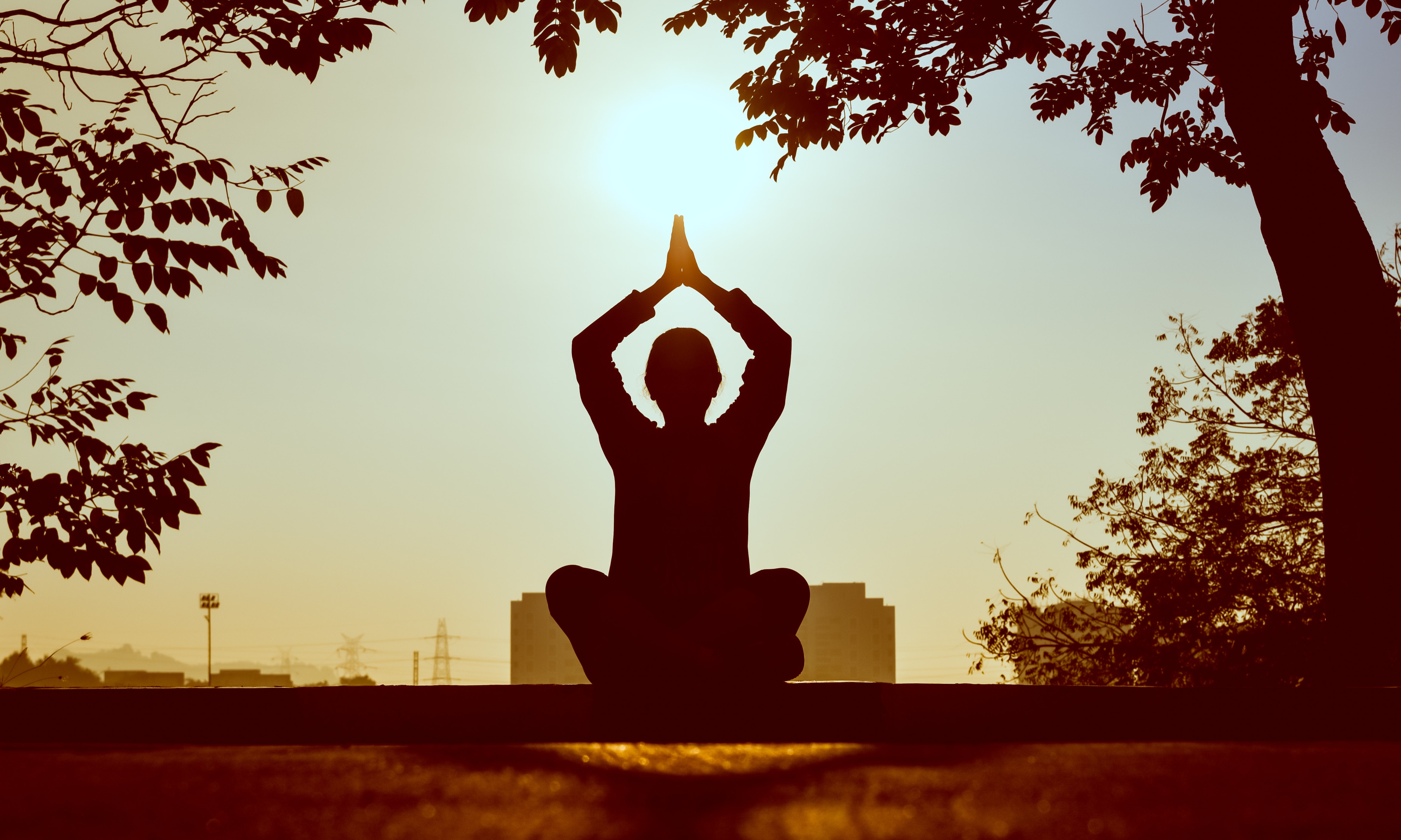By Christine Schulz on Mon, Apr 15, 2019
Stress comes to us in many ways. For some, it could be worrying about financial situations. For others, perhaps meeting a deadline for a project at work. Or for many it could just be the daily demands of everyday life. At some point in our lives, we all deal with stress.
In stressful situations, your “fight-or-flight” response kicks in and triggers you to respond according to the threat. Sometimes, the body can overreact to minor situations like a traffic jam or when someone disagrees with your opinion. Long term stress is not only harmful to the mind, but can lead to health related issues to the physical body as well. When your body reacts to fight-vs-flight, your heart rate increases and your blood pressure spikes. When you find yourself in a situation like this, take a moment to calm yourself down with this simple breathing and meditation exercise.
Before you begin, look for a quiet place to sit, free of distraction and noise. Find a position that’s comfortable for you. Straighten your back and neck with your hands on your lap and palms facing up. While it may be difficult at first, it’s important to clear your mind so you can begin to connect with your body.
Step 1: Take a Deep Breath
Most people take short shallow breaths when they breathe normally. Deep breathing, however, fills the lungs with air, expanding your chest and belly. Close your eyes, place a hand to your belly, and slowly take a deep breath in through your nose. Hold your breath for a moment, then slowly start to exhale through your nose. As you continue to breathe in and out, notice how your belly rises and falls. Try following this breathing exercise below.
Step 2: Become Aware
As you continue with your belly breathing, become aware of your breath. Your ingoing breath energizes, while your outgoing breath relaxes. Don’t resist your thoughts, but don’t let them take over either. Take a deep breath in and imagine yourself being filled with a sense of peace and calm. As you exhale, imagine your stress melting away.
Step 3: Bring Yourself Back
As you continue breathing in and out, you’ll begin to notice yourself relaxing. While we suggest planning to meditate for at least 5 to 10 minutes, the total duration is up to you and how you feel. When you’re ready to end your meditation, gently open your eyes. Notice how you feel...do you feel more calm and relaxed? Energized and focused?
Remember that, as with any type of exercise, it may take a few tries until you feel comfortable with your meditation. As you continue to include these breathing and meditation techniques into your wellness routine, you’ll notice your ability to control your breathing better when presented with stressful situations. Breathing exercises can also help lower blood pressure, improve sleep, and increase focus and concentration.




comments